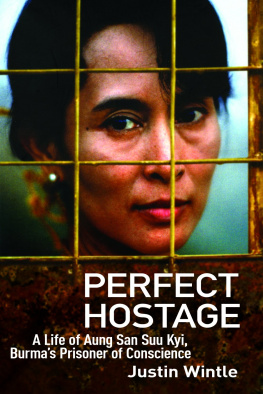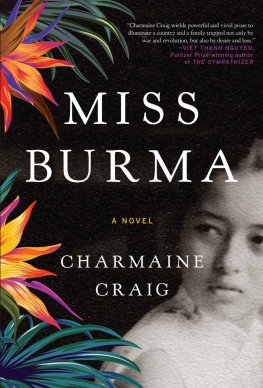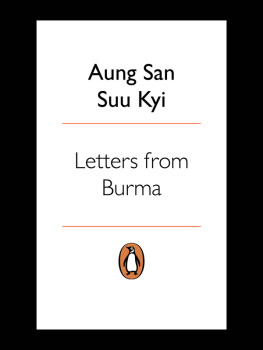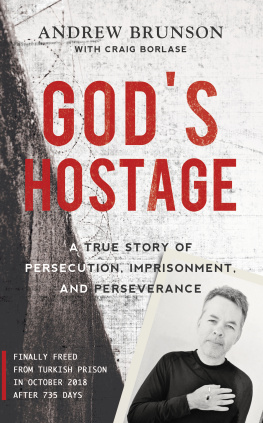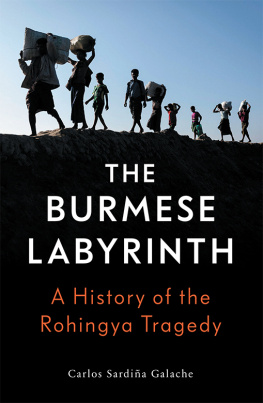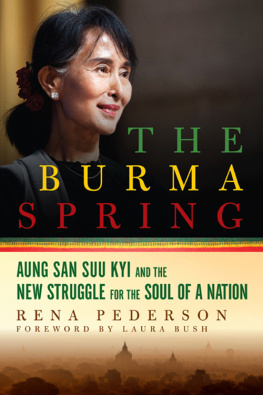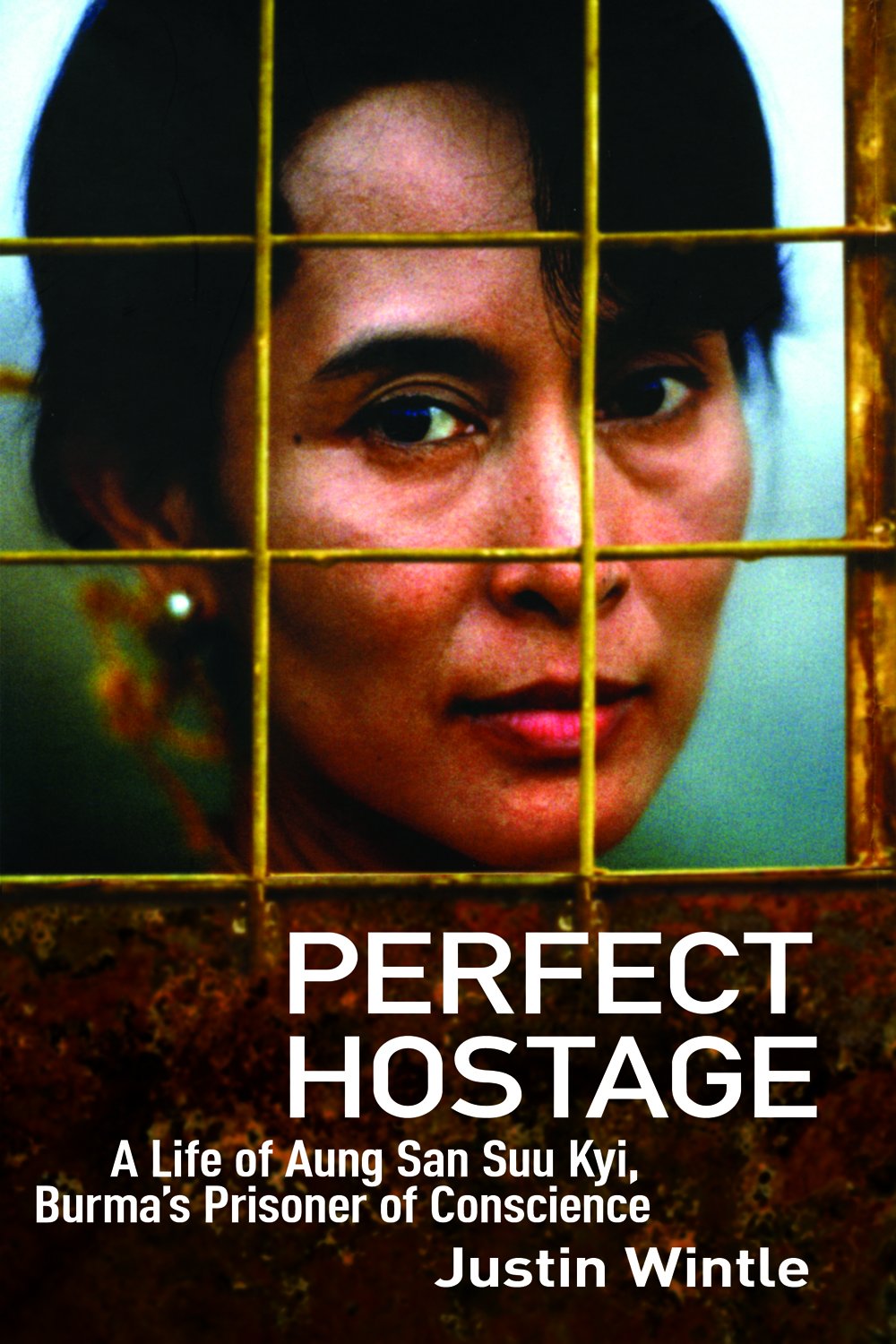Justin Wintle - Perfect Hostage: A Life of Aung San Suu Kyi, Burmas Prisoner of Conscience
Here you can read online Justin Wintle - Perfect Hostage: A Life of Aung San Suu Kyi, Burmas Prisoner of Conscience full text of the book (entire story) in english for free. Download pdf and epub, get meaning, cover and reviews about this ebook. year: 2008, publisher: Skyhorse Publishing, Inc., genre: Art. Description of the work, (preface) as well as reviews are available. Best literature library LitArk.com created for fans of good reading and offers a wide selection of genres:
Romance novel
Science fiction
Adventure
Detective
Science
History
Home and family
Prose
Art
Politics
Computer
Non-fiction
Religion
Business
Children
Humor
Choose a favorite category and find really read worthwhile books. Enjoy immersion in the world of imagination, feel the emotions of the characters or learn something new for yourself, make an fascinating discovery.
- Book:Perfect Hostage: A Life of Aung San Suu Kyi, Burmas Prisoner of Conscience
- Author:
- Publisher:Skyhorse Publishing, Inc.
- Genre:
- Year:2008
- Rating:5 / 5
- Favourites:Add to favourites
- Your mark:
Perfect Hostage: A Life of Aung San Suu Kyi, Burmas Prisoner of Conscience: summary, description and annotation
We offer to read an annotation, description, summary or preface (depends on what the author of the book "Perfect Hostage: A Life of Aung San Suu Kyi, Burmas Prisoner of Conscience" wrote himself). If you haven't found the necessary information about the book — write in the comments, we will try to find it.
Burma is a country where, as one senior UN official puts it, just to turn your head can mean imprisonment or death. Aung San Suu Kyi is considered to be Burmas best hope for freedom, and, because of her unwavering commitment to nonviolent resistance to the countrys brutal military junta, she has been under house arrest since 1989. Elected Prime Minister, she was prevented from taking office, but despite failing health, vilification at the hands of the Burmese media, and actual imprisonment in one of the worlds most appalling jails, Suu Kyi has persevered in a campaign of nonviolent protest as unflagging as those of Gandhi, King, and Mandela, which earned her the Nobel Peace Prize in 1991. In Perfect Hostage, the most thorough biography of Suu Kyi to date, Justin Wintle tells both the story of the Burmese people and the story of an ordinary person who became a hero.
Justin Wintle: author's other books
Who wrote Perfect Hostage: A Life of Aung San Suu Kyi, Burmas Prisoner of Conscience? Find out the surname, the name of the author of the book and a list of all author's works by series.

